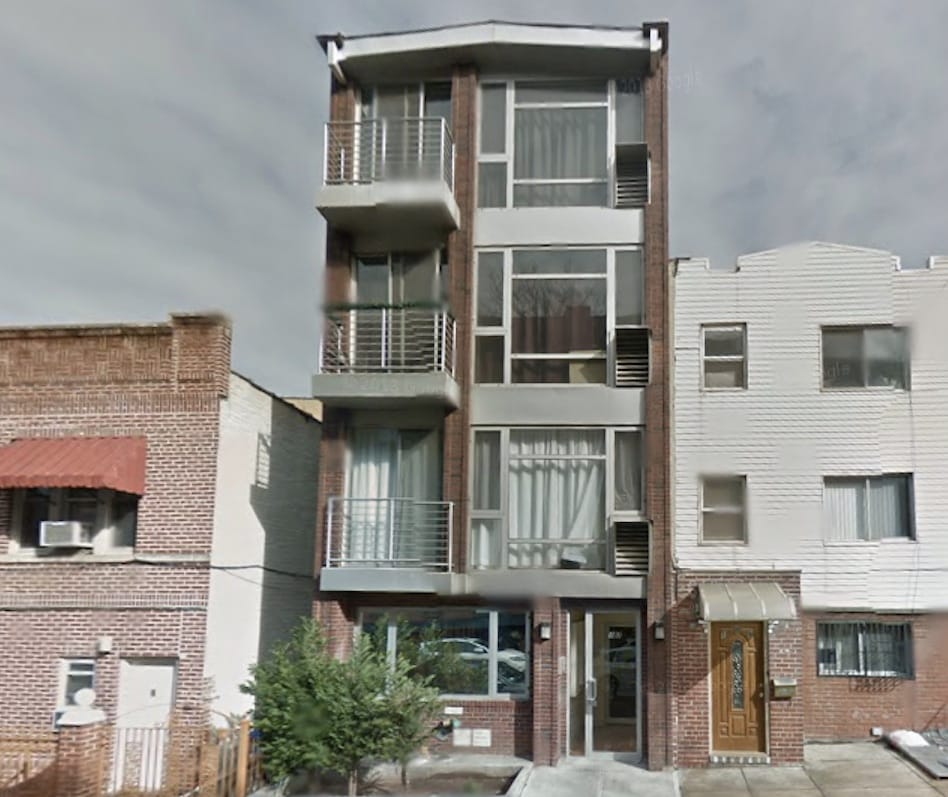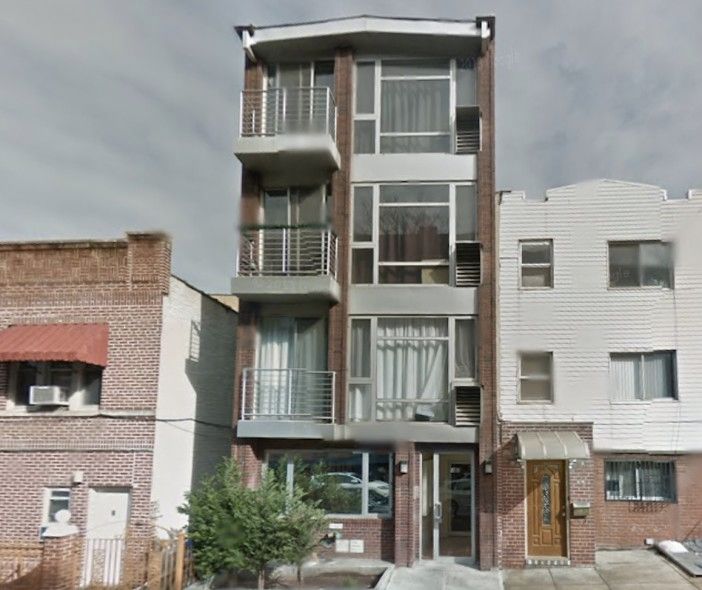South Slope Developer Agrees To Rent Stabilize Apartments And Pay $10K After AG Investigation


The developer of the building at 187 23rd Street — 187 23rd Street LLC — has agreed to pay $10,000 and place all of its building’s apartments under rent stabilization after an investigation by the state Attorney General determined the property had been improperly benefiting from a lucrative real estate tax break, officials announced in a press release.
Attorney General Eric Schneiderman said the developer of the residential building at 187 23rd Street, located between 4th and 5th Avenue, will register the building’s 7 apartments as rent stabilized. The property owner has also agreed to pay $10,000 in restitution to the City’s Affordable Housing – AG Settlement Fund.
The penalties against the 187 23rd Street property owner come after a sweeping two-year Attorney General investigation that found at least 2,332 apartments in New York City should have been rent-stabilized because their landlords received the 421-a affordable housing tax credit, which requires buildings to register in the rent stabilization program or offer their tenants rent-stabilized leases.
In total, 128 landlords agreed to settle with investigators, bringing more than 1,800 units back into the city’s rent-regulated housing stock, according to the Attorney General. New York State created the 421-a tax abatement in 1971 in order to incentivize the construction of rent stabilized housing, which provides certain rights to tenants and protects them from sharp increases in rent.
“Landlords of rental buildings who accept these tax incentives must follow through on their end of the bargain and offer rent-regulated leases to their tenants. That’s a central benefit of the 421-a law,” Schneiderman said. “The return of these apartments to rent stabilization will not only bring economic stability to the families that occupy them, but also honor the spirit of the law as it was intended.”
The Attorney General also identified an additional 52 landlords who continue to deny their tenants rent-stabilized leases, despite receiving the 421-a tax credit. Those landlords could have their 421-a tax benefits revoked, and may face private litigation by tenants as well as additional legal action from state authorities.




